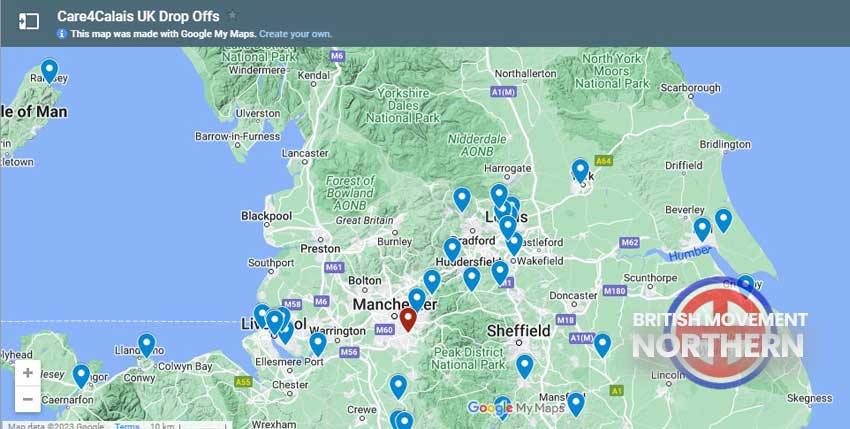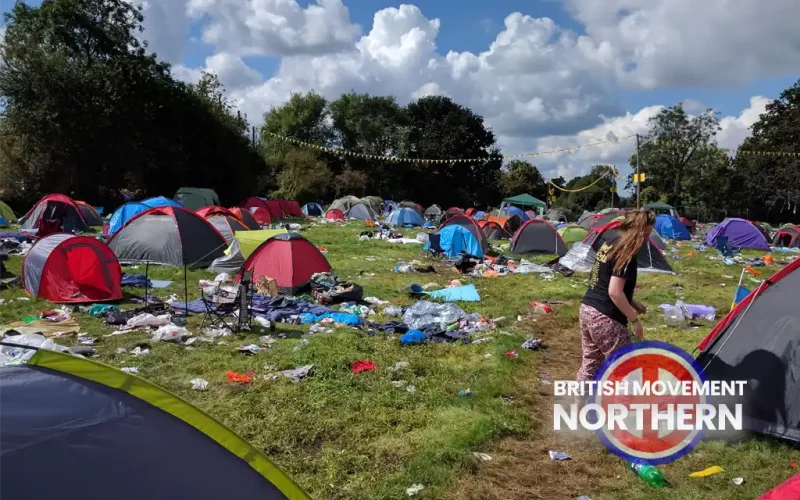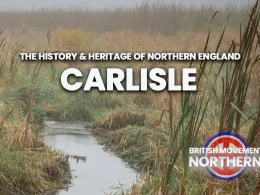Over the Bank Holiday weekend, two twinned music festivals took place, one in Reading and the other in Leeds, West Yorkshire. The Leeds Festival is held in the beautiful countryside at Bramham Park on the outskirts of the city. The number of attendees at this event is estimated to be about 100,000.
At the 2022 twin festivals, surveys showed that 41 percent of the festival goers were classified as ‘Millennials’ (born between 1981 and 1994-1996), and 36 percent were ‘Generation Zers’ (1997-2012). Using those statistics, we can assume that the majority of the festival attendees in 2023 were under the age of 45. This is the demographic that the media and the old-gang politicians would have us believe is the most passionate about climate change, plastic pollution, carbon capture, and the health of the planet.
Yet these and other music festivals held in the UK have been found to produce 25,800 tonnes of waste a year, with 58 percent of people saying they had left, lost or broken something at a festival. A large part of that total will be plastic, from cheap pop-up tents to water bottles and food trays. So much for the influence of that saviour of the world, the hypocrite and antifa supporter, Greta Thunberg.
One group who will definitely benefit from the discarded festival waste this year are the economic migrants waiting on the French coast for their chance to illegally enter this country. To amass tents for the winter in Calais, refugee groups rely almost completely on festival salvaging. Because of Covid, significant event cancellations in 2020 left them with essentially no supplies.
On the ‘Care4Calais’ website, there appears this appeal: “If you have a tent lying around that you bought for a festival, consider donating it so that a refugee can have somewhere warm to sleep as the nights get colder. To see our drop-off points, visit care4calais.org/thedropoffmap.”
As National Socialists, we are passionate about wanting to preserve and protect our countryside. Much of the damage has been done by capitalist industrialisation, political shortsightedness, and the greed of developers. The British Movement would implement a far-reaching policy of environmental protection while advocating a back-to-nature approach.
We would advocate support for small family farms and organic farming, oppose intensive farming systems, and support restrictions on chemical fertilisers and pesticide use that destroy the natural balance of nature. By putting into practice these and other environmental policies, we believe we can achieve a healthier future for both us and the generations yet to be born.
In a future post on this site, we will look at the work done by Richard Walther Darré, Henry Williamson, Rolf Gardiner, Jorian Jenks and others on how they put the theory of “blood and soil” into practice.

Resources:
Main Image: Jack Cheeseborough, CC BY-SA 4.0, via Wikimedia Commons.
Lower Image: ‘Care4Calais’ website.
The British Movement welcomes articles for possible inclusion on this site from members and supporters across the North of England. Please remember that we have to operate within the laws of this country – we will not include any content that is against the current laws of the United Kingdom. News reports should be topical and be relevant to the regions covered by this website.












